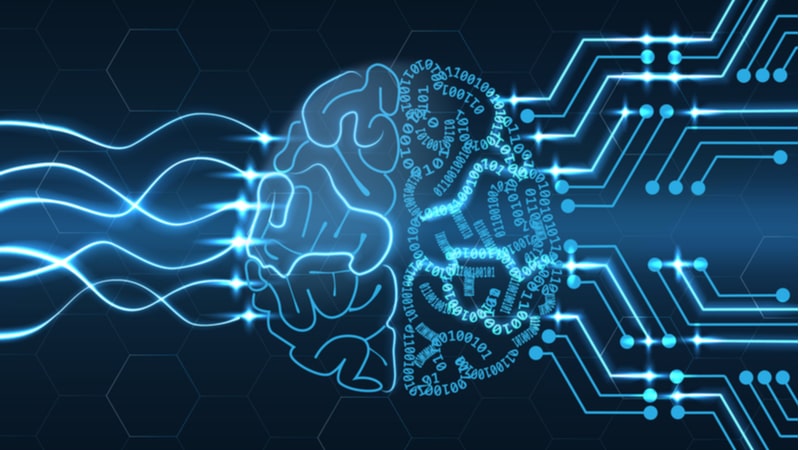
Reps. Will Hurd, R-Texas, and Robin Kelly, D-Ill., released the first of four white papers about a national AI strategy.
The paper, AI and the Workforce, was released today and is the result of a year-long partnership between Reps. Hurd and Kelly with the Bipartisan Policy Center. The end goal of the partnership is to craft the pillars of a national AI strategy. The paper’s findings call on the United States to take on a larger role in AI, embracing the coming AI-driven economy, and preparing the workforce for this transition.
“Today, artificial intelligence is making some jobs obsolete while creating new opportunities for American workers,” said Kelly. “It’s imperative that policymakers get in front of these changes to ensure our workers have the skills to continue to outperform our competitors. This white paper puts forward an actionable path forward to ensure the benefits of AI are shared equally and equitably by all.”
While the report offers 25 specific recommendations for developing a Federal AI strategy, it highlighted five broader takeaways:
- “The United States should embrace and take a leadership role in the AI-driven economy by filling the AI talent gap and preparing the rest of the workforce for the jobs of the future. However, in doing so, policymakers should make inclusivity and equal opportunity a priority.
- Closing the AI talent gap requires a targeted approach to training, recruiting, and retaining skilled workers. This AI talent should ideally have a multidisciplinary skill set that includes ethics.
- The AI talent gap is not the only challenge of the AI-driven economy, so the federal government should focus more broadly on the jobs of the future and skills that are complemented by AI technology. Additionally, encouraging workers to develop basic AI and technological literacy can help them better determine how to complement AI systems.
- The educational system from kindergarten through post-college is not yet designed for the AI-driven economy and should be modernized.
- The skills that will be in demand in the future will continuously change, so lifelong learning and ways to help displaced and mid-career workers transition into new jobs is critical for the workforce of the future.”
“AI is the future of the world’s economy, and we want to ensure that every American worker has the opportunity to thrive in an AI-driven economy,” said Hurd. “AI is already having a disruptive role in society, but that doesn’t mean it’s going to have a negative role in our country’s future. If we provide our kids and workers with the tools to work in AI, we will have prepared them for it. This is how we take advantage of technology before it takes advantage of us.”
